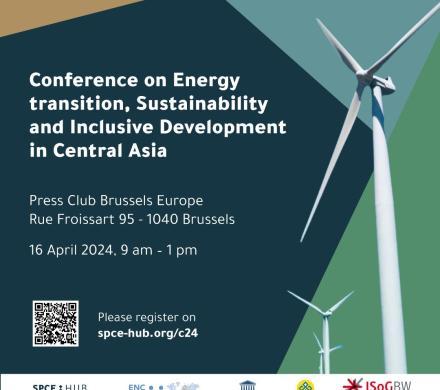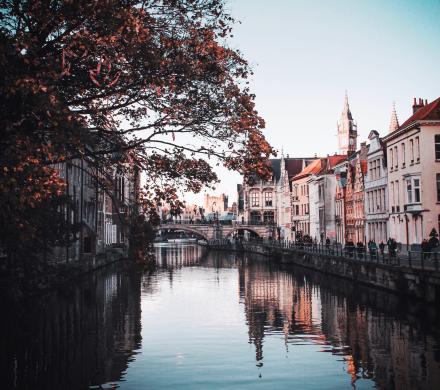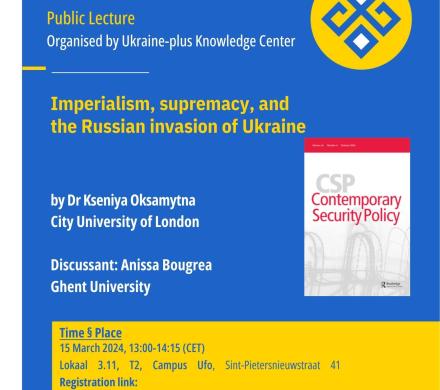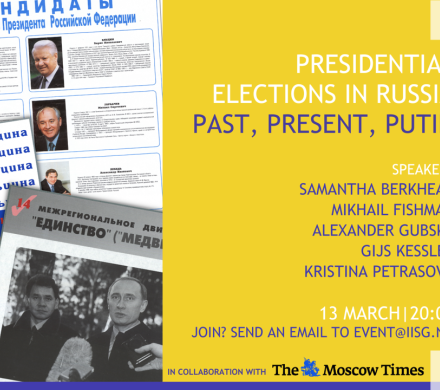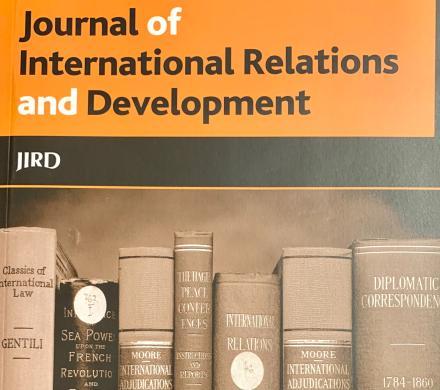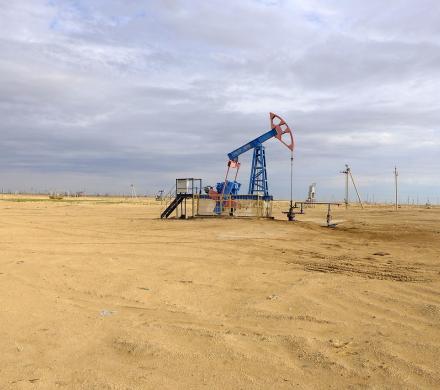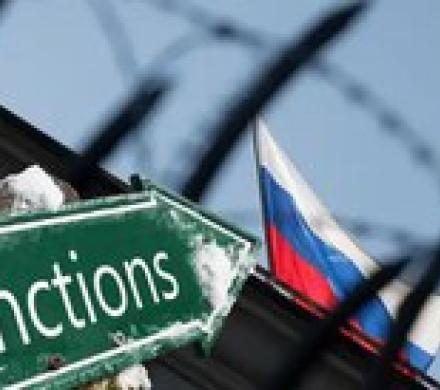Sustainability
2nd Conference on Energy transition, Sustainability and Inclusive Development in Central Asia 2024
Europe and Central Asia are linked by decades of commodity trade, but also by developing climate cooperation. Yet Central Asia plays a limited role in the European public debate on global climate change and energy transition. Both global and local energy transitions pose significant challenges for Central Asia, given its rapidly growing population, ageing infrastructure, heavy dependence on fossil fuels and climate change. At the same time, the transition to renewable energy and the development of hydrogen production and net zero value chains offer new opportunities for all countries in the region.
The conference is designed to attract a broad audience, including researchers, policy makers and members of civil society.

